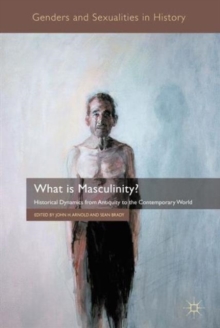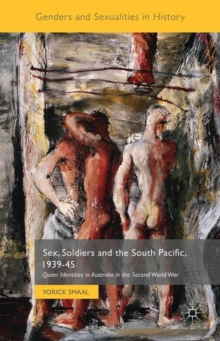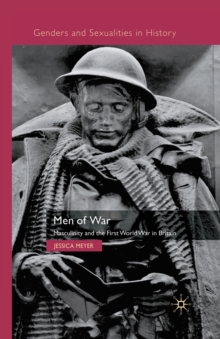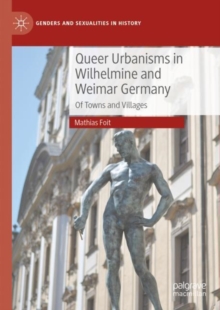
Missionary Masculinity, 1870-1930 : The Norwegian Missionaries in South-East Africa PDF
by Kenneth A. Loparo
Part of the Genders and Sexualities in History series
Description
What kind of men were missionaries? What kind of masculinity did they represent, in ideology as well as in practice?
Presupposing masculinity to be a cluster of cultural ideas and social practices that change over time and space, and not a stable entity with a natural, inherent and given meaning, Kristin Fjelde Tjelle seeks to answer such questions.
Using case studies of Norwegian Mission Society members the author argues that missionary masculinity was the result of a complex dialogue between the ideals of male 'self-making' associated with the late nineteenth century and the Christian ideal of self-denial.
This masculinity was also the product of the tension between male missionaries' identity as modern professional breadwinners and their identity as 'pre-modern' patriarchs whose calling demanded the integration of their private lives and their public roles as missionaries.
Missionary manliness (or appropriate mission masculinity) supported the upward social mobility of Norwegian men from fairly humble backgrounds and, more importantly, gave them power - but power that was always threatened by the dangers of inappropriate mission masculinity - or unmanliness.
Information
-
Download - Immediately Available
- Format:PDF
- Pages:344 pages, 19 black & white halftones
- Publisher:Palgrave Macmillan
- Publication Date:22/01/2014
- Category:
- ISBN:9781137336361
Other Formats
- Hardback from £89.99
- Paperback / softback from £44.99
Information
-
Download - Immediately Available
- Format:PDF
- Pages:344 pages, 19 black & white halftones
- Publisher:Palgrave Macmillan
- Publication Date:22/01/2014
- Category:
- ISBN:9781137336361










